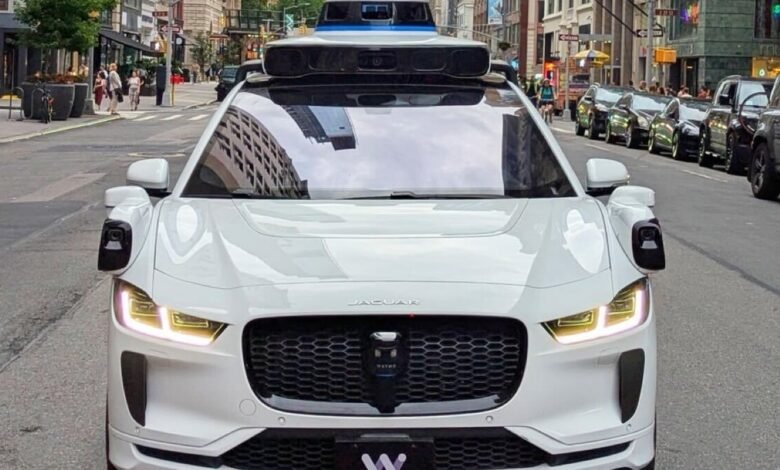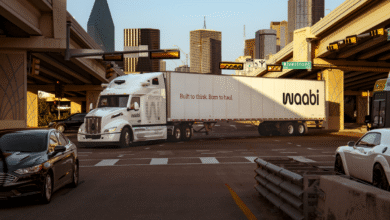Waymo co-CEO takes hard stance against robotaxi vandalism

▼ Summary
– Waymo is the current leader in U.S. robotaxis and has faced multiple vandalism incidents, including a recent one in Los Angeles.
– Waymo’s co-CEO stated that vandalism is a crime and the company is working with law enforcement to pursue those responsible.
– Public resistance to tech companies, particularly those enabling surveillance, has led to Waymo vehicles being damaged and burned.
– Waymo refuses government requests for vehicle footage if they are deemed overly broad and unlawful.
– The company is using local artists’ designs on some cars to integrate the fleet into the community while continuing to collaborate with first responders to address vandalism.
Waymo, the leading provider of autonomous ride-hailing services in the United States, is confronting a troubling wave of vandalism targeting its driverless vehicles. The company’s co-CEO, Tekedra Mawakana, recently delivered a firm message at TechCrunch Disrupt 2025, stating that damaging their fleet is completely unacceptable. She emphasized that vandalism constitutes a criminal act, and Waymo is dedicated to collaborating with police authorities to identify and prosecute the individuals responsible for these destructive acts.
Mawakana left no room for ambiguity regarding the company’s position. She declared that damaging property, regardless of who owns it, is something Waymo will not tolerate. This strong stance comes after several high-profile incidents where the company’s robotaxis were intentionally damaged or set on fire in various cities, with a recent event occurring in Los Angeles.
The surge in vandalism appears connected to a wider public resistance against technology firms, particularly those perceived as enabling surveillance systems. During the second Trump administration, heightened government deportation actions have amplified privacy anxieties, making automated vehicles a visible target for protestors concerned about data collection.
Addressing these privacy fears directly, Mawakana confirmed during a main stage interview that Waymo has a policy of refusing government requests for vehicle footage it deems overly broad or unlawful. This commitment is part of an ongoing effort to build public trust and demonstrate responsible data handling.
When questioned about strategies to improve public perception, Mawakana highlighted a community-focused initiative. The company has begun featuring designs from local artists on some of its vehicles, aiming to make the fleet feel more integrated into the neighborhoods it serves. However, she also acknowledged the complex reality of the situation. While the company pushes back on certain surveillance requests, it must simultaneously maintain a strong working relationship with first responders to effectively combat the persistent challenge of vandalism. She succinctly captured the shared sentiment, noting that these criminal acts are unwanted by everyone, residents, the company, and city officials alike, because they do not contribute to public safety.
(Source: TechCrunch)





